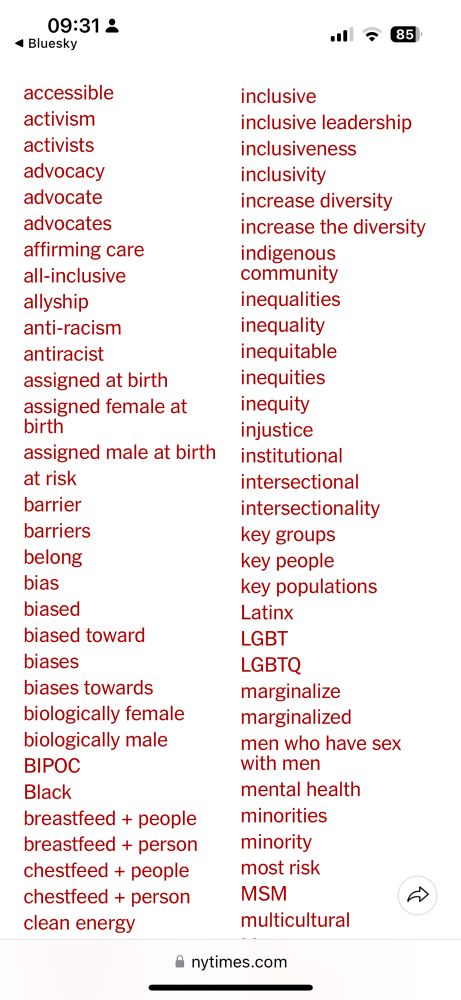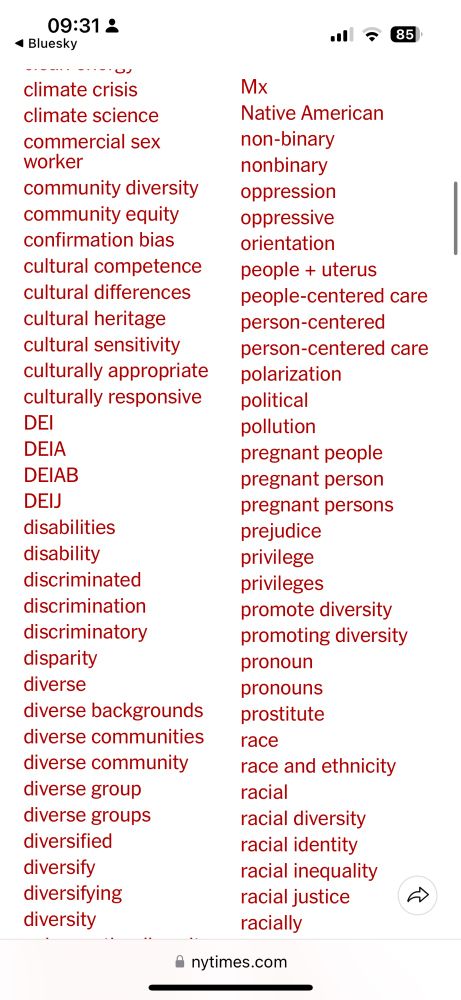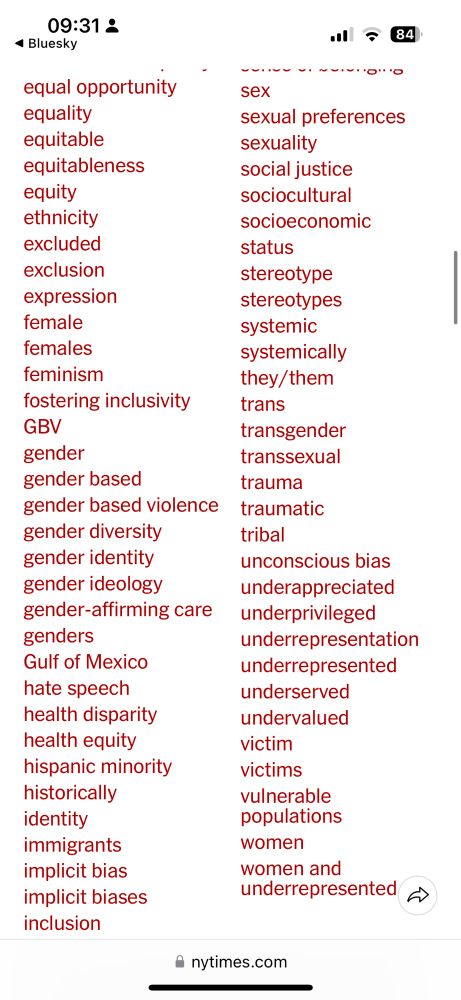
Abstract
Metaphors operate as symbolic infrastructures that shape how the social world is conceptualized and rendered intelligible. This article develops a cultural sociology of metaphor, arguing that metaphors encode epistemic, normative and aesthetic logics within the architecture of theoretical reasoning. Moving beyond cognitive and illustrative models, it introduces the concept of metaphorical infrastructure to describe how dominant metaphors condition what becomes visible, sayable and legitimate in sociological discourse. These infrastructures are not passive frameworks but performative forms that organize symbolic authority and guide theoretical interpretation within sociological fields. Drawing on cultural sociology, the sociology of knowledge and conceptual metaphor theory, the article proposes a typology of four metaphorical regimes – mechanistic, spatial, sacral and musical – each enacting a distinct vision of the social and its analytical and moral stakes. This framework is illustrated through two paradigmatic cases: Crenshaw’s intersection, which functions as a spatial infrastructure of critical reflexivity, and Berger’s sacred canopy, which encodes a sacral logic of moral order. Together, these metaphors demonstrate how performative infrastructures shape the scope, authority and symbolic form through which sociology envisions the social world. By theorizing metaphors as infrastructures rather than illustrations, the article advances a reflexive framework for uncovering the symbolic foundations of sociological theory. It invites further inquiry into how metaphors sustain theoretical authority, mediate disciplinary change and anchor the cultural power of sociological knowledge.
Reading list:
Metaphors at work: The symbolic infrastructures of sociological theory - Francesco Cerchiaro (2025)
journals.sagepub.com/doi/full/10.... #sociology #socialtheory
09.12.2025 13:25 — 👍 4 🔁 0 💬 0 📌 0
Thanks for sharing! I've added your studies to my reading list :)
20.10.2025 07:17 — 👍 1 🔁 0 💬 1 📌 0
i've only skimmed this so far but it looks really interesting. comments on things i've raised in the past regarding EMCA's relation to autism that need addressing. but i saw this endnote (first pic) and would like to use it as a prompt to re-up my own EMCA work on autism (the other three pics).
19.10.2025 00:50 — 👍 6 🔁 2 💬 2 📌 0

Rethinking Face‐to‐Face Interaction: Lessons from Studies of “Autistic Sociality”
Face-to-face interaction is a foundational concept in microsociology. This article surveys the social experiences of autistic people, who are commonly known for having a strained relationship with in...
✨ New publication ✨
Face-to-face is often treated as the “gold standard” of interaction. My new article shows how autistic sociality complicates this view, revealing alternative ways of connecting.
Available open access in Symbolic Interaction:
#sociology #anthrosky #autism #neurodiversity
21.08.2025 13:06 — 👍 18 🔁 3 💬 0 📌 1

Abstract
This article argues that in an age of artificial intelligence (AI), sociologists have not adequately thought about the challenges posed to their work and pedagogy. Drawing on examples from Hong Kong, we foreground the challenges that AI poses to sociological education, student success and working conditions, amid the marketization of higher education and broad shifts in funding toward STEM disciplines. We then suggest four tactical strategies for sociology to respond and live with AI: (1) incorporating computational training into sociological education; (2) incorporating AI into instrument design for sociological research; (3) incorporating AI into models of inference; and (4) incorporating AI into classroom and campus design. We contend that, in doing so, we may rethink the repertoires of professional sociology with new frontiers for AI applications and modalities of student education.
Reading list:
The promises and perils of AI for sociology (Au & Fong, 2025, published in Sociology)
journals.sagepub.com/doi/abs/10.1...
07.08.2025 08:24 — 👍 3 🔁 0 💬 0 📌 0
Thanks! She has been a nice little companion so far! :-)
31.07.2025 13:03 — 👍 1 🔁 0 💬 0 📌 0

A selfie of me trying to rock a dual monitor-setting in our couch while our new baby sleeps on my chest
Work-life (im)balance
31.07.2025 12:30 — 👍 11 🔁 0 💬 3 📌 0

First-person picture of our new baby sleeping on my chest while I'm reading a nice little book
Optimal combo
03.07.2025 08:24 — 👍 6 🔁 0 💬 2 📌 0
I seems to be fixed on my end now, but let me know if you still experience any issues!
21.06.2025 09:02 — 👍 0 🔁 0 💬 1 📌 0
Thanks for the notice! I'm on vacation but will see if I can fix it nonetheless.
21.06.2025 08:54 — 👍 0 🔁 0 💬 1 📌 0

30+ microsociologists in Trondheim
Time for day one of the Norwegian microsociology meeting! Look at this beautiful room of people 😍
16.06.2025 08:32 — 👍 6 🔁 0 💬 1 📌 0

Nice water view at 10 pm in Trondheim
It's finally here: the second annual meeting of the Norwegian Microsociological Network! This year we're in Trondheim, with Gary Alan Fine and Iddo Tavory as special guests. The drinks reception is over; now we have two full days of talks to look forward to 🤠
15.06.2025 20:03 — 👍 13 🔁 0 💬 0 📌 0
Reading list:
Monika Krause (2024): Theorizing from Neglected Cases
www.tandfonline.com/doi/full/10....
02.05.2025 07:12 — 👍 3 🔁 0 💬 0 📌 0

My not so impressive view of the livestream
Hartmut Rosa just gave the Vilhelm Aubert memorial lecture at the University of Oslo. The guy packed two auditoriums (!) and half of us had to watch on livestream.
24.04.2025 13:43 — 👍 5 🔁 1 💬 0 📌 0

Generative AI for Academics
Currently reading "Generative AI for academics" by @drmarkcarrigan.bsky.social It's a refreshing, sociological take on a topic dominated by self-help books, and Mark is particularly good at articulating his ambivalence towards GenAI and what it means for scholarship.
15.03.2025 07:55 — 👍 8 🔁 1 💬 0 📌 0
YouTube video by Norwegian Microsociological Network
Isaac Ariail Reed: “Interpretation reframed: On theory and truth in the human sciences”
Isaac A. Reed gave a brilliant guest lecture at @oslomet.bsky.social earlier this week, discussing the balance between under- and overinterpretation when using theory in empirical social research. The lecture can be seen here: youtu.be/3vmmafrv9kY?...
#sociology #philsky
26.02.2025 11:45 — 👍 9 🔁 3 💬 1 📌 0
That would be a "drita full professor"
14.02.2025 05:46 — 👍 1 🔁 0 💬 0 📌 0
It's a Nordic thing!
13.02.2025 18:09 — 👍 1 🔁 0 💬 0 📌 0
Rookie mistake!
13.02.2025 13:38 — 👍 1 🔁 0 💬 0 📌 0
That would be "bakfull professor". Completely different ballgame.
13.02.2025 13:27 — 👍 1 🔁 0 💬 1 📌 0
Fun fact: "Full professor" means "drunk professor" in Norwegian.
13.02.2025 13:17 — 👍 49 🔁 1 💬 4 📌 0

Abstract
New technology brings new methodological opportunities. While long limited to face-to-face interviewing, today’s interview researchers can choose from a plethora of options, including email, instant messaging, telephone, and video interviews. Consequently, the issue of interview modes and their relative strengths and weaknesses has received increased attention. In this article, we take stock of existing writings on interview modes in qualitative interview research. Drawing on key insights from more general theorizing about face-to-face and remote interaction, we identify and challenge five key assumptions in writings about interview modes: (1) that physical copresence ensures more and better data; (2) that interview modes have determinate effects on interaction; (3) that remote interviewing should seek to replicate face-to-face interviewing; (4) that interviews modes should be held constant within each study; and (5) that face-to-face interviewing is unmediated. We counter each assumption with a series of more productive methodological principles and advance instead a view we call interview mode pluralism, which offers a more nuanced and relational understanding of the strengths and weaknesses of different interview modes. The article thus helps increase the methodological literacy of those conducting and evaluating qualitative interview research, enhancing the likelihood that researchers select those tools best suited for their tasks, and reducing the chance that evaluators dismiss research based on their methodological prejudice.
📢 New paper 📢
We bust 5 myths about face-to-face vs. remote interviewing and argue for "interview mode pluralism" as a more context-aware way of assessing the strengths and weaknesses of different interview modes.
Link: journals.sagepub.com/doi/10.1177/...
#Sociology #comsky #STS
02.02.2025 18:12 — 👍 29 🔁 3 💬 1 📌 2

Smug ski selfie

Went off pist for a short while and left my mark in the snow

A beautiful sunny day at Storefjell

Random horse grassing (?) in the snow
Went skiing for the first time in 10+ years. Fell on my ass a handful of times. Met a horse. Good times.
01.02.2025 11:11 — 👍 9 🔁 0 💬 0 📌 0

Overall assessment
Considering the submitted material and of the criteria for promotion laid down in the regulations, guidelines for assessment of competence in hiring and promotion at OsloMet, the Committee finds, based on the academic portfolio, education, academic degrees, scientific papers, participation in management of research and development projects, work experience, and pedagogical qualifications, that Lars Emil Fagernes Johannessen is highly qualified for promotion to the post of professor in knowledge, expertise and professions.
The conclusion is unanimous and indubitable

Mountain view from my hotel room at Storefjell
Got promoted to full professor today! AND I'm at a mountain resort for three days of sociological bliss. It's going to be one hell of a weekend!
31.01.2025 11:08 — 👍 134 🔁 1 💬 8 📌 0
The Fremen walk works though! I haven't fallen on my ass in several years 😎
27.01.2025 18:09 — 👍 1 🔁 0 💬 1 📌 0

a man and a woman are walking in the desert
Alt: The fremen walk from Dune
Me navigating the icy streets of Oslo
27.01.2025 07:46 — 👍 25 🔁 1 💬 1 📌 0

The trolley meme but with Dolly Parton controlling the lever
Can I interest you in a Trolley Parton?
27.01.2025 06:44 — 👍 36 🔁 3 💬 2 📌 0
[Please use the lower-case 'd'; it is intentional <3 ]
Dr. Elle Henderson. Conversation analyst. Ethnomethodologist. Feminist. Deviant. R18, often hornyposting. Opinions my own.
https://www.researchgate.net/profile/Elle-Henderson-2?ev=hdr_xprf
PhD Candidate in Sociology at UMass Boston, studying expertise & legitimacy in the age of GenAI. Interested in culture, status inequality, STS. Also, jigsaw puzzles lately and niche history generally - ask me about the Great Molasses Flood
academia lurker | habitual overthinker | professional code-switcher
Society for the Study of Symbolic Interaction (SSSI) and Symbolic Interaction (Official Journal of SSSI) - managed by @dirkvl.bsky.social
Now Available for Preorder!
Disabled Power: A Storm, A Grid, and Embodied Harm in the Age of Disaster
NYU Press
https://nyupress.org/9781479828142/disabled-power/
Use code NYUAU30 for 30% off.
Opinions my own.
U Mich prof. Anna like Donna. Author of Health Care Civil Rights (new and open access from University of California Press), Vaccine Court (2016), and Fat Rights (2008). www.profannakirkland.com Speaking for myself.
Senior Editor, Anthropology & Sociology - Palgrave Macmillan (formerly OUP, DGB). Emotional support human for Murphy and Millie.
Associate Professor of Sociology at Appalachian State University. Research and teaching interests include aging, medical sociology, and mental health.
Sociologist at Nord University, Norway. He/him. Research interests: Residential segregation, neighbourhood inequality, sociological theory, analytical sociology. Left of the left.
Qualitative Researcher @oxprimarycare.bsky.social
Interested in cancer diagnosis and medical anthropology
www.phc.ox.ac.uk/team/elspeth-davies
she/her
Exploring the politics (+ theory) of disablement & precarious work of all forms under capitalism | @cerasellachis.bsky.social
disability politics | work | precarity | resistance | social security | rest | anti-disablement
Asst Prof of Sociology at the University of Utah | Punishment, law & society, prosecution, and inequality | Views are my own | www.chiarapackard.com
Economic sociologist at Virginia Tech STS interested in the politics and science of markets and how these baroque contraptions mediate energy transition.
Co-Director at Center for Digital Narrative, Univ of Bergen. Lead research project AI STORIES (ERC Advanced Grant). Blogging at jilltxt.net since 2000.
Media mental health researcher at the intersection of Neuroscience 🧠, Developmental Psychology 👧, & Media Communication 📱🎮
Reader | Cardiff University
Sociologist (Disability | Health and Illness | Reproduction | Stigma)
Co-Editor in Chief of 'Sociology of Health and Illness'
He | Him | His
Sociologist at the University of Georgia. Social psychology, sociology of emotion, group processes, social networks.
off-message autistic researcher
Research Fellow at the Centre for Social Research in Health, UNSW Sydney and Lecturer at Curtin University. Researching HIV, PrEP, critical data studies, mpox, gender, sexuality. Sociologist & qualitative health researcher. A bit queer. He/him























